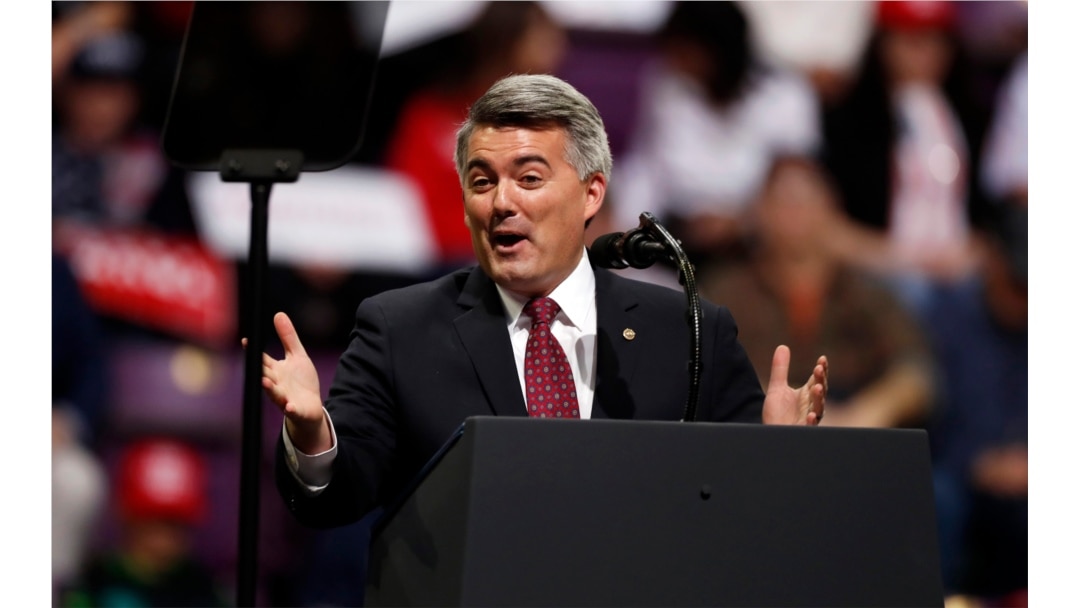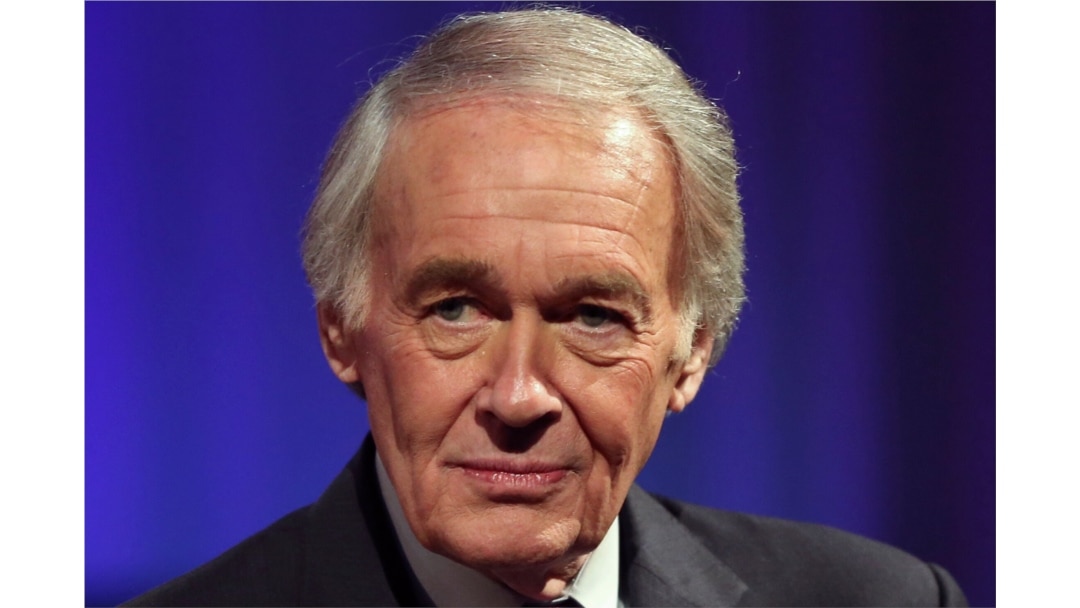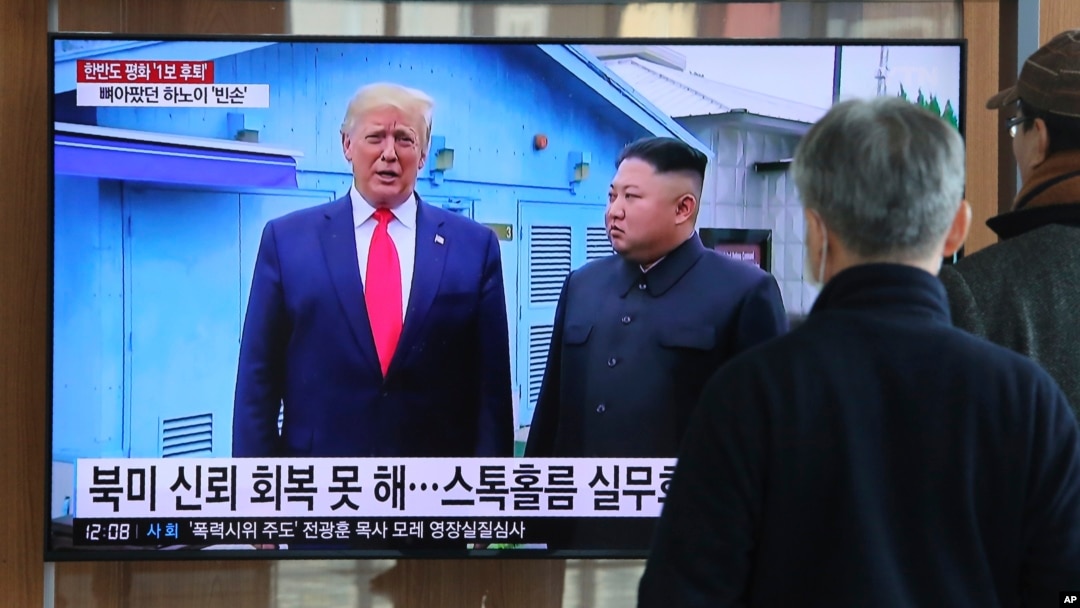U.S. senators are urging stronger sanctions enforcement amid a prolonged stalemate in denuclearization talks with North Korea.
Republican Senator Cory Gardner of Colorado, chairman of the East Asia, the Pacific and International Cybersecurity Policy subcommittee of the Senate Foreign Relations Committee, called for the return to the "maximum pressure policy."

FILE - Sen. Cory Gardner, R-Colo., Feb. 20, 2020
"The successful policy of maximum pressure that was adopted early in the Trump administration, but since abandoned in earnest effort of diplomatic engagement with Pyongyang. … We must immediately enforce sanctions against Pyongyang and its enablers," Gardner said.
However, he said the Trump administration must double down on diplomacy to isolate Pyongyang internationally.
The subcommittee held the hearing Tuesday, which marked the one-year anniversary of the second summit between U.S. President Donald Trump and North Korean leader Kim Jong Un in Hanoi, Vietnam. But the hearing was sparsely attended.
Trump and Kim first met in Singapore in June 2018, signing a broad agreement on the denuclearization of the Korean peninsula, but they failed to agree on how to implement that deal when they met again in Vietnam. Except for a brief working-level meeting in Stockholm, Sweden, last October, North Korea has been refusing serious talks with the U.S.
Pursuing diplomatic solutions
Democratic Senator Ed Markey of Massachusetts, ranking member of the subcommittee, also called on the Trump administration to tighten sanctions enforcement on North Korea.

FILE - U.S. Sen. Ed Markey, D-Mass., Feb. 18, 2020
Senators Gardner and Markey introduced sanctions legislation, called Leverage to Enhance Effective Diplomacy (LEED) Act, expanding U.S. sanctions against North Korea and its enablers, including those engaged in illegal oil transfers to North Korea. So far, they have no other co-sponsors.
Markey, while stressing that his sanctions legislation would strengthen Washington's negotiating position over Pyongyang, also underscored the importance of pursuing diplomatic solutions.
"We must not return to the charged rhetoric of 'fire and fury,' a war, much less a nuclear war, will lead to unfathomable loss of life," he said. "Threats are not an alternative to a negotiated agreement."
Markey said he would reintroduce legislation, the "No Unconstitutional War against North Korea Act," in the coming weeks in an effort to speak out against Trump taking actions against North Korea that mirror the removal of a top Iranian commander, Qassem Soleimani.
Promoting human rights
Testifying before the subcommittee, Robert King, former special envoy for North Korea, said the U.S. should not lose sight of human rights in policy toward North Korea.
"Since the collapse of the Hanoi summit, sincere efforts by the U.S. to resume dialogue with the North on denuclearization have not been reciprocated. Abandoning our principles on human rights, did not lead to progress on the nuclear issue," King said.
He said the U.S. has backed away in the United Nations from pressing North Korea on its dismal human rights record. Last December, the Trump administration refused to support a U.N. Security Council discussion on North Korea's human rights situation, effectively blocking the meeting for the second straight year.
King said the "United States should be a shining example on the hill, a beacon of hope on human rights, unfortunately we've hidden our light under a bushel."


